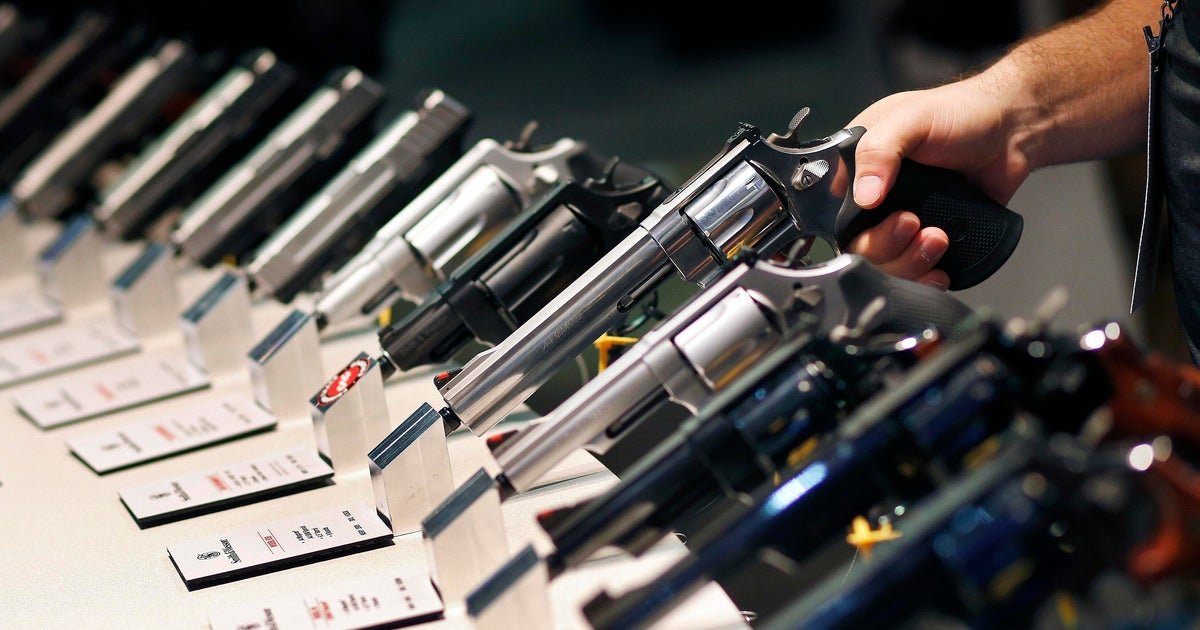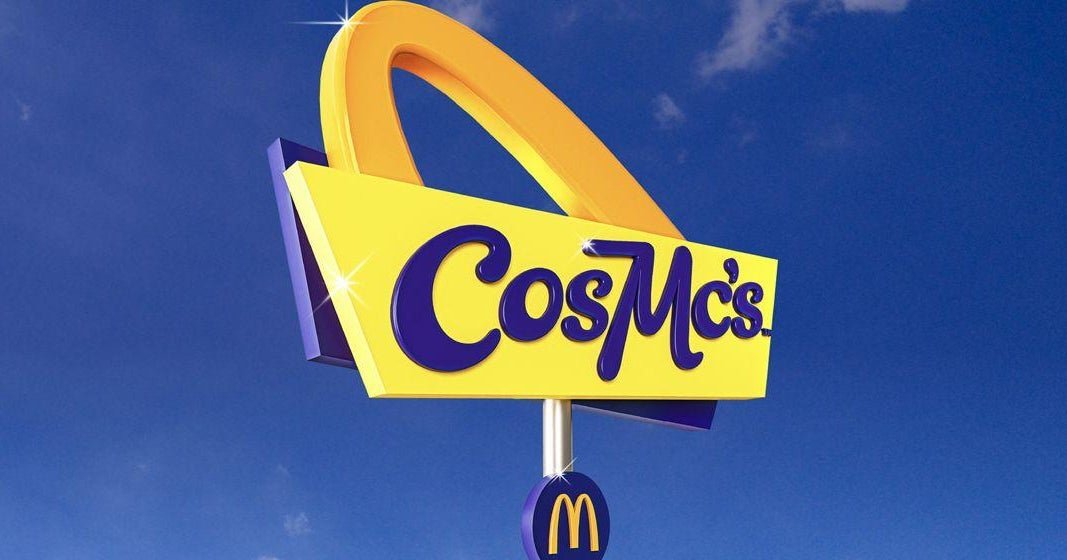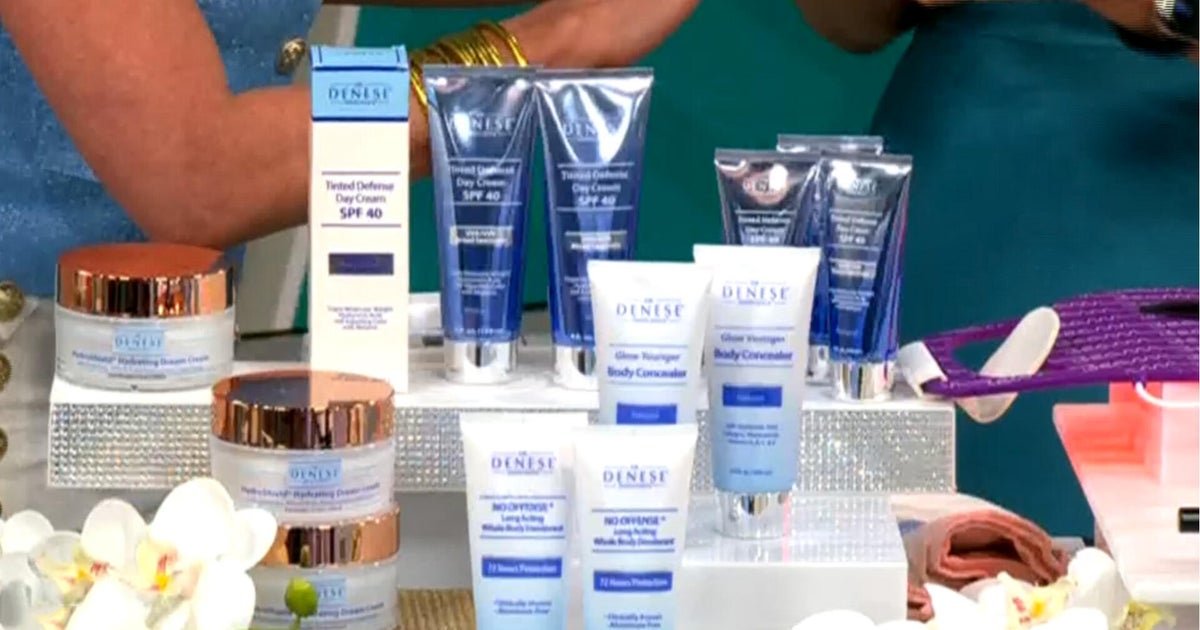[ad_1]
Washington — The Supreme Court on Thursday blocked the Mexican government’s lawsuit against major U.S. gun manufacturers, delivering a win for the firearms industry in a test of a federal law that shields them from civil suits.
The high court unanimously rejected Mexico’s arguments that its effort to hold firearms makers accountable for the violence wreaked by drug cartels armed with their products should proceed because it satisfied an exception to the liability shield provided through the Protection of Lawful Commerce in Arms Act, or PLCAA.
In the case known as Smith & Wesson Brands, Inc. v. Estados Unidos Mexicanos, Mexico had argued that gun manufacturers are knowingly aiding and abetting the unlawful sale of their firearms to straw purchasers, who are trafficking them across the southern border to give to drug cartels.
But the justices said that because Mexico’s complaint does not plausibly allege that the gunmakers aided and abetted dealers’ unlawful sale of weapons to Mexican traffickers, it was barred by PLCAA. Justice Elena Kagan delivered the opinion for the court.
Between 200,000 to 500,000 American-made firearms are trafficked into Mexico each year, a pipeline that’s become known as the “iron river.” Nearly half of all guns recovered at Mexican crime scenes are manufactured in the U.S., according to data from the Bureau of Alcohol, Tobacco, Firearms and Explosives.
As part of its efforts to stem the flow of guns illegally trafficked across the U.S.-Mexico border to arm drug cartels, the Mexican government sued seven of the biggest gunmakers in the U.S. and one wholesaler in 2021. It is seeking $10 billion in damages from the industry, as well as other forms of relief.
Mexico has argued that its suit fell under one of PLCAA’s exceptions, known as the predicate exception, because the gun manufacturers allegedly knew they were breaking the law by selling to known straw purchasers, and that violation led directly to Mexico’s injuries: the millions of dollars in damage to its military and property caused by cartel violence.
The law was passed with bipartisan support from Congress in 2005 and broadly provides a legal shield for gun companies from civil suits that seek to hold them liable for harms stemming from the criminal misuse of their products by another person.
A federal district court in Massachusetts dismissed Mexico’s suit in 2022 after finding that PLCAA “unequivocally” bars lawsuits seeking to hold firearms manufacturers liable for the actions of people using their products. The court also ruled that PLCAA’s narrow exceptions did not apply to the case.
But in early 2024, a panel of three judges on the U.S. Court of Appeals for the 1st Circuit revived Mexico’s lawsuit, concluding it fell under one of PLCAA’s exceptions, known as the predicate exception. That allows suits against gunmakers to be sued if they knowingly broke the law, and if that legal violation led directly to Mexico’s injuries.
The appeals court found that the gun industry was “aiding and abetting” the unlawful sale of firearms to traffickers for cartels in Mexico, and that the trafficking of those guns has foreseeably forced the Mexican government to incur significant costs because of cartel violence.
The case arrived at the Supreme Court while it was in its early stages. As the gunmakers’ appeal was pending, the district court dismissed six of the eight manufacturers from the case. The remaining companies are Smith & Wesson and Interstate Arms, a wholesaler.
[ad_2]



